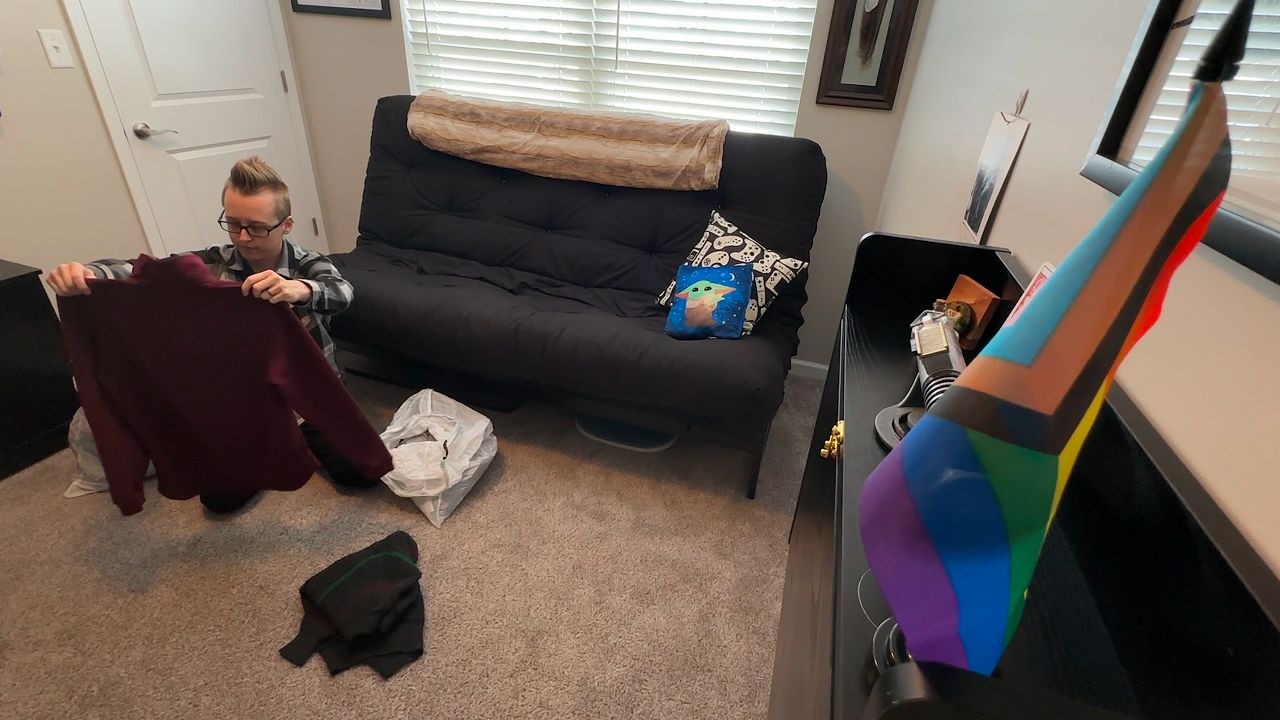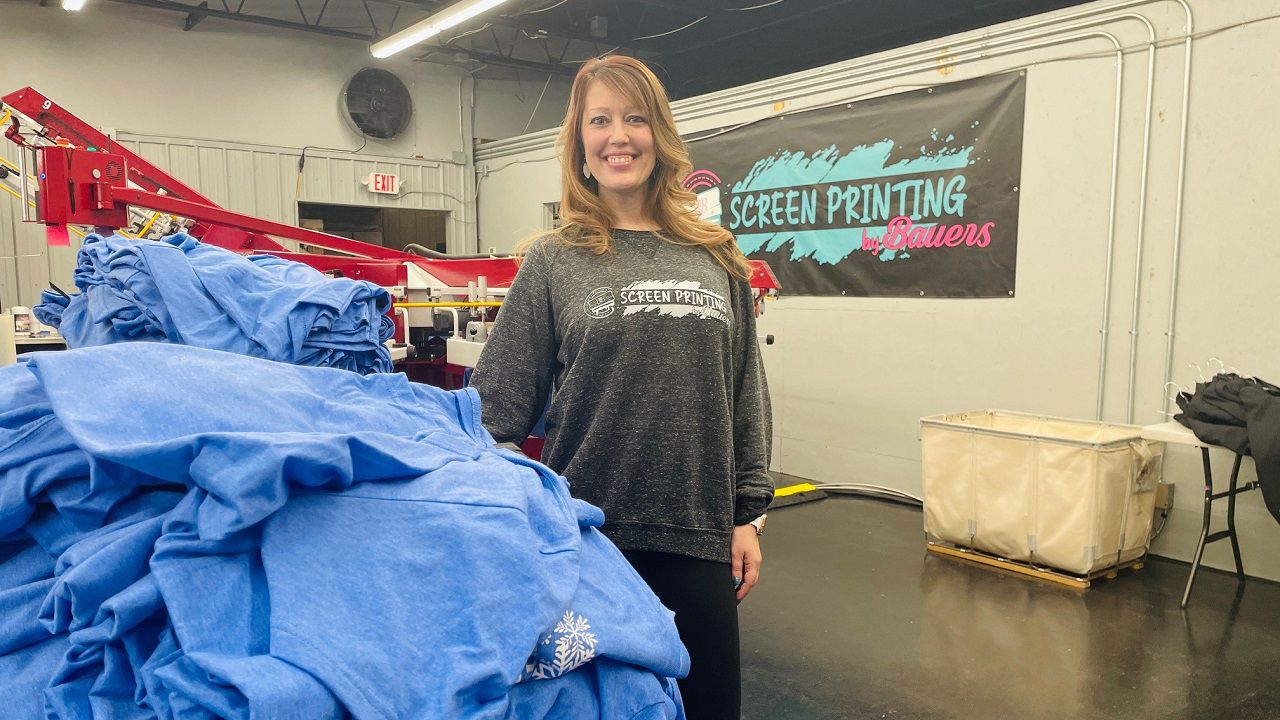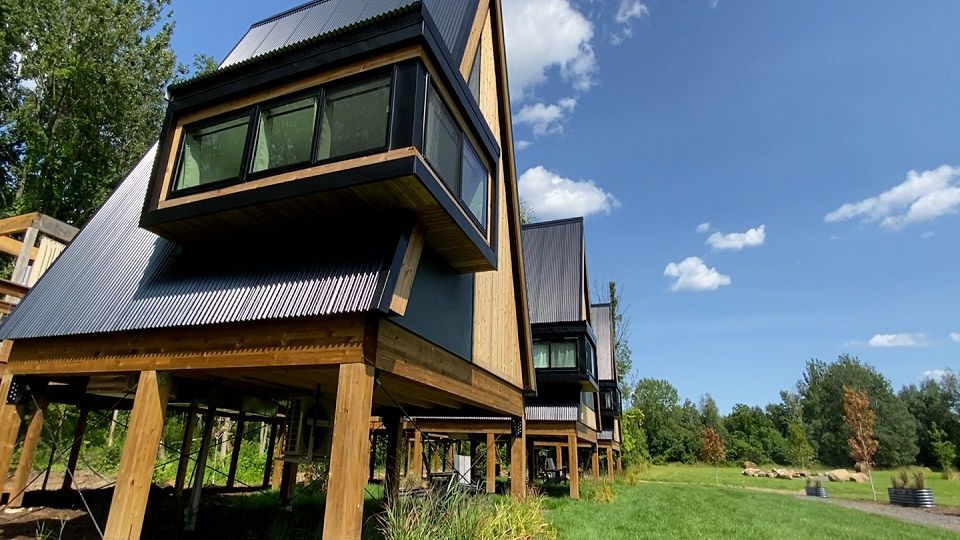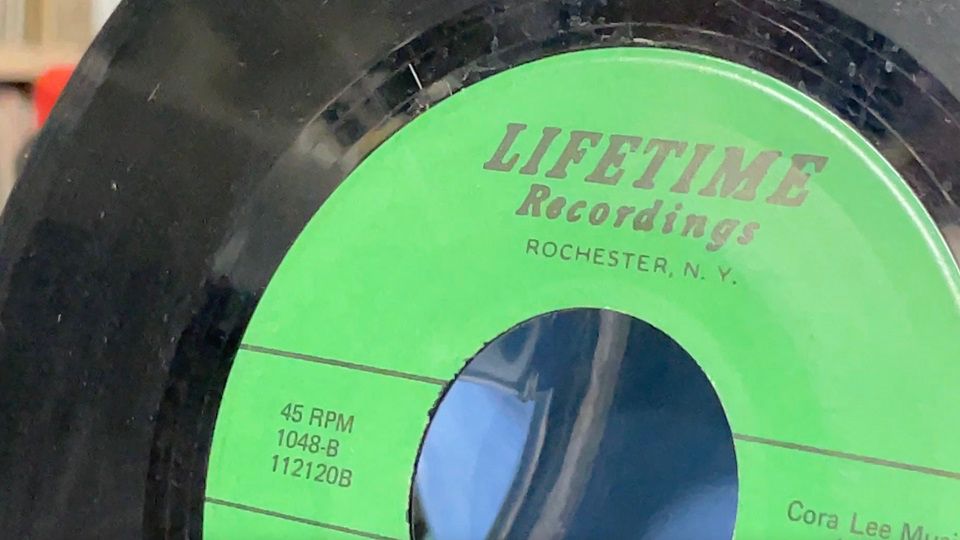It’s been three years since working from home became mainstream thanks to COVID-19. With the pandemic over, you might be wondering how many people still work from home and how many have returned to the office. The answer to that is not an easy one to nail down.
The Bureau of Labor Statistics says 27.5% of private-sector employees worked remotely all or some of the time last August and September. But it’s a much different number from the Pew Research Center, which found 41% of U.S. workers with jobs that can be done from home are currently working a hybrid schedule.
Other statistics run the gamut, either showing a lot of people working remotely or a lot of people back in the office. While there is no consistent data to work with, one thing is clear: We are watching, in real-time, a larger evolution of life as we know it.
It shouldn’t be a surprise that dry cleaning took a hit as COVID-19 set in.
“Nobody was going to work,” said Kathy Benzinger, president and owner of Benzinger’s Clothing Care in Western New York. “There was no need.”
How bad did it get? Benzinger says at the height of the pandemic, the store lost 80% of its business.
“So it was a scary time for the industry for sure,” she said.
Things are improving. As companies started to require people to come back into offices, whether full-time or hybrid, Benzinger’s business went from being down 80% to being down 20%.
“We really started to almost get back to where we needed to be right around June/July of last year,” said Benzinger.
A welcome rebound, but it does not necessarily translate into busy offices. Office ghost towns are quite common across the country. That includes Suite 203 of the Brisbane Building in downtown Buffalo.
“This is the only building in the city of Buffalo that has green space directly across the street,” said Peter Hunt, chairman and CEO of Hunt Real Estate Corporation.
Hunt says the first floor of the building is being renovated, with outdoor seating going in as well as an events center.
“The whole purpose really is to kind of create a real reason for people to come back to the office, and that’s a huge challenge today,” said Hunt.
Even with everything this space has going for it, Hunt has not yet been able to lease it out to potential tenants.
“They’re looking at shrinking their office space like a lot of people are right now,” said Hunt. “The major companies in town have all shrunken their office space.”
It’s not yet clear where the percentage of home versus hybrid versus office work will settle.
“How it will play out is anybody’s guess,” said Hunt.
But that’s not really the point. There are certain events in history that jump-start evolution. COVID-19 is turning out to be one, jump-starting a massive change in how we work and how we live.
For cities like Buffalo, that means speeding up a transition from offices to residential space.
“We have a huge shortage of residential housing all across the country today, available housing,” said Hunt. “And now we have a whole influx of people from other countries that want a place to live. Willing to work and want a place to live.”
For businesses like Benzinger’s, it means adjusting to the new way people dress.
“The thing is we are seeing a ton of yoga pants, Lululemon,” said Benzinger. “We’re seeing a ton of designer sweatsuits.”
It also means adjusting to the way people live.
“We’re trying to stay out in front with the wash and fold, personal laundry service," Benzinger said. "We feel that that’s going to be a huge up-and-coming service as people get busier. People realize too their free time is important. Being together as a family is important.”
The ability to work from home has become one of the more important factors in where people choose to work, and even what industry. The remote work platform FlexJobs has done research on the topic.
“A whopping 58% of workers are thinking about a career change, and 25% of workers have already made one,” said Toni Frana, lead career expert at FlexJobs. “The top reasons for doing this is because employees, workers want better work-life balance. They want those remote work options as well, and they also are looking for some better pay.”
That’s leading to a tug-of-war between employers and workers about home versus office work. FlexJobs believes once the dust settles on this evolution, some degree of hybrid work will become the norm for many industries.










